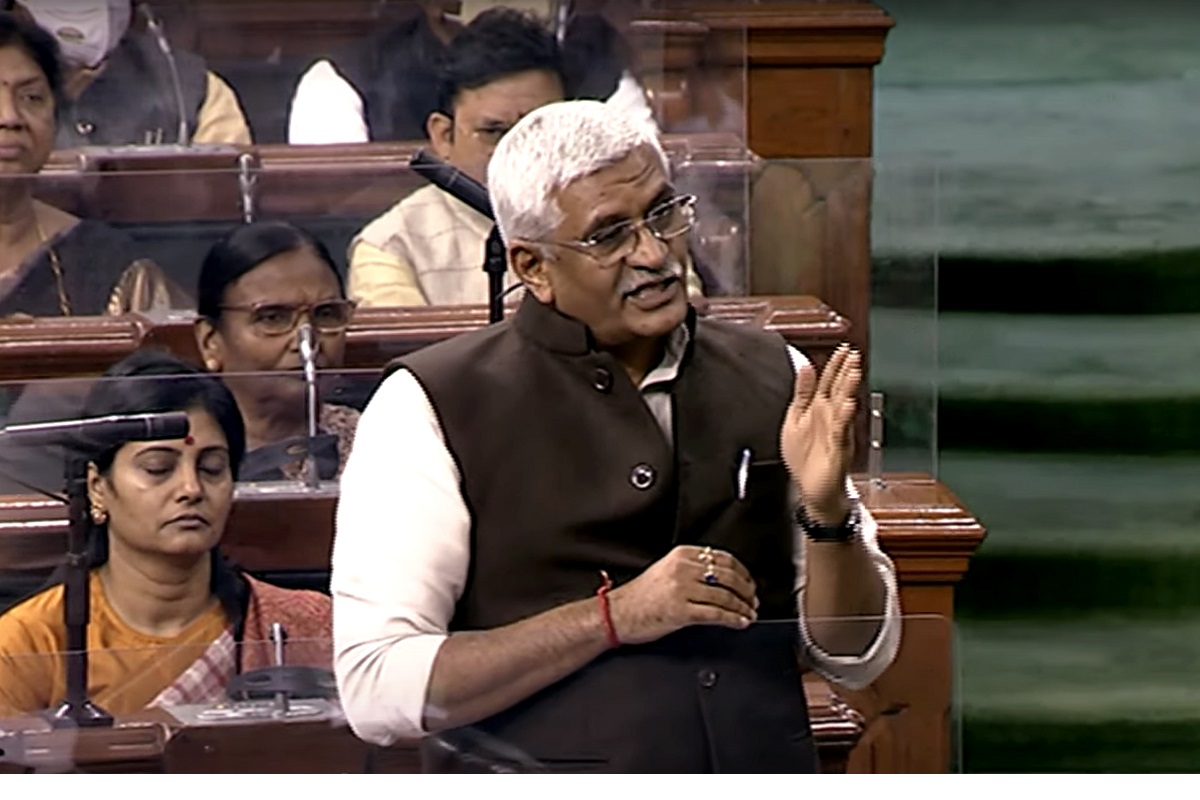The Dam Safety Bill, 2019, providing for the maintenance of dams across the country, today received Parliamentary approval after the Rajya Sabha passed it, rejecting the Opposition’s strong demand to refer it to a Select Committee for allegedly encroaching upon States’ rights.
Jal Shakti Minister Gajendra Singh Shekhawat told the House that the Bill, already passed by the Lok Sabha in August 2019, was based on the report given by a Parliamentary Standing Committee which had examined it.
Advertisement
The Opposition’s demand for the Select Committee reference was rejected by a division of votes, which showed only 26 members supported it and 80 members were against it.
In their objections to the Bill, the Opposition not only raised the issue of attack on federalism but pointed out that committee structures envisaged under the Bill would have all members nominated by the Centre.
The States would implement all directives of the Central Government and bear all expenditure for the works, they said.
Several Opposition members tried to raise the issue of 12 suspended members. The issue had kept a sizable strength of the Opposition away from the proceedings.
Replying to the three-hour debate, the Jal Shakti Minister said after the Morvi dam disaster in Gujarat, there was talk of creating a system for the protection of dams. In 1982, it was decided that a protocol be developed for the purpose.
It took the country 40 years to prepare a law. So far, there have been 42 dam disasters in the country which bring it a bad name, the Minister said.
More than 92 per cent of Indian dams are on inter-State rivers, this should be understood, Shekhawat said. “When one of the gates of a dam did not open during floods, who was to be held accountable for the destruction of life and property,” he said.
The Centre had to intervene, he said. “We have to make laws so that dams are protected. We are determined to protect the citizens and committed to the country’s prosperity,” he said.
In 2002 a draft Bill was made and circulated to all States, he said. Only Bihar adapted that Bill. How can members say States are not consulted. “States have rights, but are they working for the protection of their people,” Shekhawat asked.
The Standing Committee gave a report on the earlier Bill in 2011 and referred to Article 252, and stated that the law should be enacted as it was expedient in the interest of the public. The committee questioned why was the law not brought earlier. The sub-committees will invite more State representatives, he assured.
The dams covered under the Bill are with a height of more than 15 metres, or height between 10 metres and 15 metres with certain design and structural conditions.
Tiruchi Siva (DMK) said most of the laws brought by the Government were transgressing the States’ authority. Shaktisinh Gohil (Congress) referred to the Constitutional Lists of subjects and said the Bill could not be passed unless at least two States sought it. If the Supreme Court strikes down the law, not just the Government, but even the House would suffer the loss of prestige, he said.











